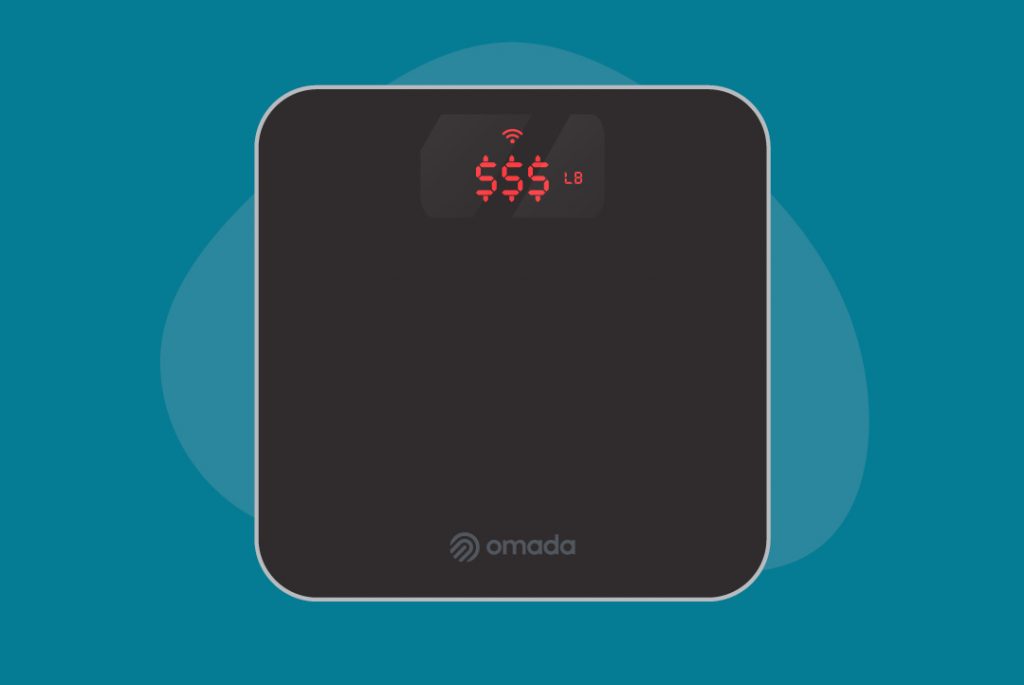EXPLORE MORE
JULY 2022
Healthy weight, healthy wallet
It’s well known that obesity has been linked to health conditions like arthritis, diabetes, heart disease and certain cancers. But a recent study, based on the results of two federal health surveys, has taken a much closer look at that connection — with some surprising results.
Overall, health care costs for obese adults were nearly $1,900 higher each year than those of their healthy-weight peers. And once adults were in the “obese” category, even incremental increases in weight resulted in higher health care expenses.
Looking for more? Find other articles below

Even small changes count
“It’s not just categorical shifts in BMI that increase health care costs — it’s small shifts, too,” said Marlene Schwartz, director of the Rudd Center for Food Policy and Obesity at the University of Connecticut.
“On the other hand,” she added, “that suggests even small improvements in BMI could make a difference.” Schwartz was not involved in the study.
BMI, or body mass index, is a measure of a person’s weight in relation to their height. It’s often described in terms of categories: A BMI of 30 to 34.9 is the “obesity class I” category, 35 to 39.9 is “class II,” and a BMI of 40 or higher is “class III” or “severe” obesity.
Higher BMI, higher expenses
In the study, once people reached a BMI of 30, even a one-unit increase caused annual health care expenses to creep up — by an extra $253 per person. Not surprisingly, severe obesity carried the heftiest price tag — costing an additional $3,100 per person compared to what Americans with a normal BMI would pay annually. Still, study leader Zachary Ward agreed that the findings can be seen in a positive light.
“If people can maintain their current weight as they age, that might avert some of these extra health care costs,” said Ward, a research scientist at the Harvard School of Public Health.
The study comes at a time of soaring obesity rates among Americans. As of 2018, more than 42% of U.S. adults were obese, according to the U.S. Centers for Disease Control and Prevention. That was up from 30% about 20 years ago.
Never too late to improve your health
Ward said childhood is an ideal time for prevention. But it’s also never too late for adults to make diet changes or start exercising. It is an uphill battle, Schwartz noted, and as people age, they are fighting the natural slowdown in metabolism.
But as the latest findings suggest, even preventing further weight gain — particularly the slide into severe obesity — can be considered a win.
“Every step in the right direction counts,” Schwartz said.
Source: WebMD. Obesity costs the average U.S. adult almost $1,900 per year: study.
Are you thinking about making small but long-term dietary changes that can have a significant impact on your health? These resources can help.

